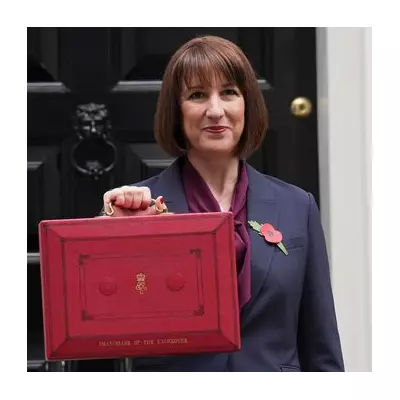
In a dramatic development that has sent shockwaves through Washington's political circles, former National Security Advisor John Bolton is reportedly facing potential criminal charges from a federal grand jury.
The Investigation Intensifies
The investigation centres on allegations that Bolton improperly handled classified information in his explosive 2020 memoir, 'The Room Where It Happened'. According to sources familiar with the matter, prosecutors have been examining whether Bolton disclosed sensitive government secrets without proper authorisation.
A Contentious Publication History
Bolton's memoir caused immediate controversy upon its release, with the Trump administration filing a lawsuit to block its publication. The book offered a scathing insider account of Trump's foreign policy decisions and White House operations, drawing both praise and condemnation across the political spectrum.
Key allegations in the investigation include:
- Unauthorised disclosure of classified information
- Failure to complete proper pre-publication review
- Potential violations of non-disclosure agreements
Legal Precedent and Implications
This case represents one of the most significant attempts to prosecute a former high-ranking official over memoir contents in recent years. Legal experts note that such cases are notoriously complex, requiring prosecutors to prove both the classified nature of the information and the defendant's intent to violate the law.
The timing is particularly sensitive given Bolton's vocal criticism of the former president and his continued prominence in foreign policy discussions. A decision to bring charges would mark a substantial escalation in the government's approach to handling classified information disputes with former officials.
What Comes Next?
While the grand jury's deliberations remain confidential, legal observers suggest that any indictment would likely trigger a protracted legal battle. Bolton's legal team has previously defended the memoir's publication, arguing that the former official followed proper procedures and that the administration's objections were politically motivated.
As Washington awaits further developments, this case continues to raise fundamental questions about government transparency, national security, and the rights of former officials to share their experiences with the public.





